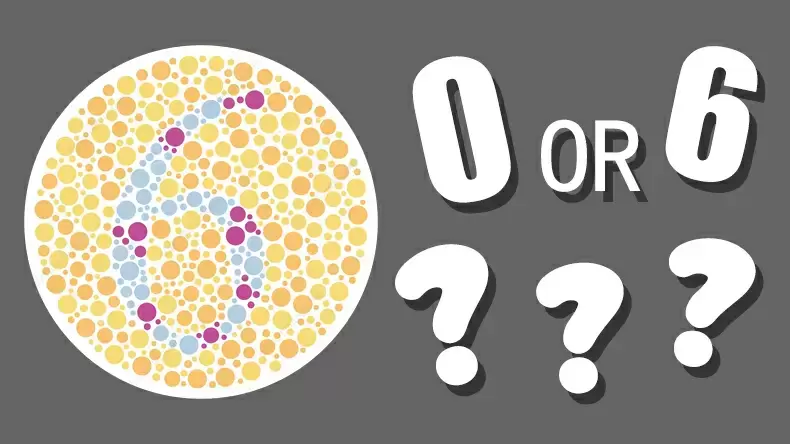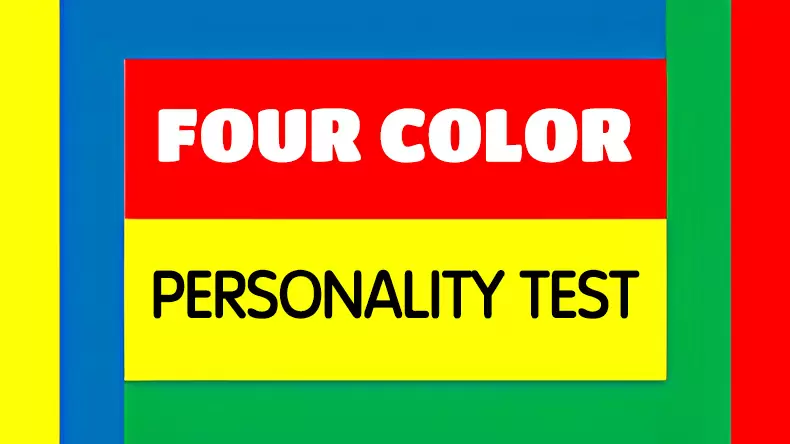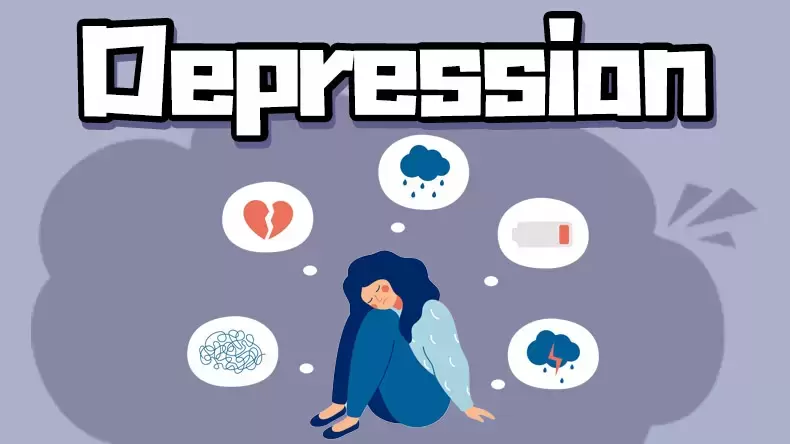Which LE SSERAFIM Member Are You? Quiz
Welcome to our Color Blind Test, a visual examination designed to assess your color vision capabilities. Color blindness, or color vision deficiency, is a condition that affects the ability to perceive certain colors accurately. Our test aims to provide insights into the presence and extent of color blindness in individuals.
The Color Blind Test consists of a series of carefully selected images and patterns that are specifically designed to assess your color perception. By observing and responding to these images, you can gain a better understanding of your color vision and identify any potential color deficiencies you may have. 
Please note that our test does not provide a medical diagnosis. It is intended for informational and entertainment purposes only. If you suspect or require a formal diagnosis of color blindness, we recommend consulting with an eye care professional or optometrist who can conduct comprehensive assessments and provide appropriate guidance.
Ready to put your color vision to the test? Let's dive in and explore the fascinating world of color perception.
Understanding Color Blindness: Impact and Challenges in Daily Life
Color blindness, also known as color vision deficiency, is a visual impairment that affects a person's ability to distinguish and perceive certain colors or color combinations accurately. It is typically inherited and more common in males than females, although it can also result from certain medical conditions, medications, or age-related changes in the eye.
Individuals with color blindness have difficulty distinguishing between specific colors, usually in the red, green, and blue spectrum. The condition occurs when the specialized cells in the retina, called cones, do not function properly or are absent. These cones are responsible for detecting and interpreting different colors of light. 
Color blindness can impact various aspects of a person's life, including:
Everyday Tasks: People with color blindness may face challenges in distinguishing colors in their surroundings. This can affect activities such as choosing matching clothing, identifying traffic lights, reading maps or charts, and interpreting color-coded information.
Educational and Professional Settings: Color-based educational materials, such as diagrams, charts, or graphs, can be challenging for individuals with color blindness to interpret accurately. Certain professions, such as graphic design, electrical wiring, or jobs that require color differentiation (e.g., culinary arts, fashion) may pose additional difficulties.
Safety Concerns: Color blindness can affect an individual's ability to identify color-coded safety signs or warnings, which can pose risks in environments like construction sites, manufacturing facilities, or roadways.
Emotional and Social Impact: Color blindness can lead to feelings of frustration, embarrassment, or isolation, especially when others may not fully understand the condition. It may be challenging to explain the experience of perceiving colors differently, and individuals with color blindness may face misconceptions or teasing from others.
It's important to note that while color blindness presents challenges, individuals can learn to adapt and overcome them. Certain tools and technologies, such as color-correcting lenses, smartphone apps, or accessibility features on digital devices, can assist individuals with color vision deficiency in differentiating colors and navigating their daily lives more effectively.
If you suspect color blindness or have concerns about your color vision, it is recommended to consult with an eye care professional or optometrist for a comprehensive evaluation and appropriate guidance.












